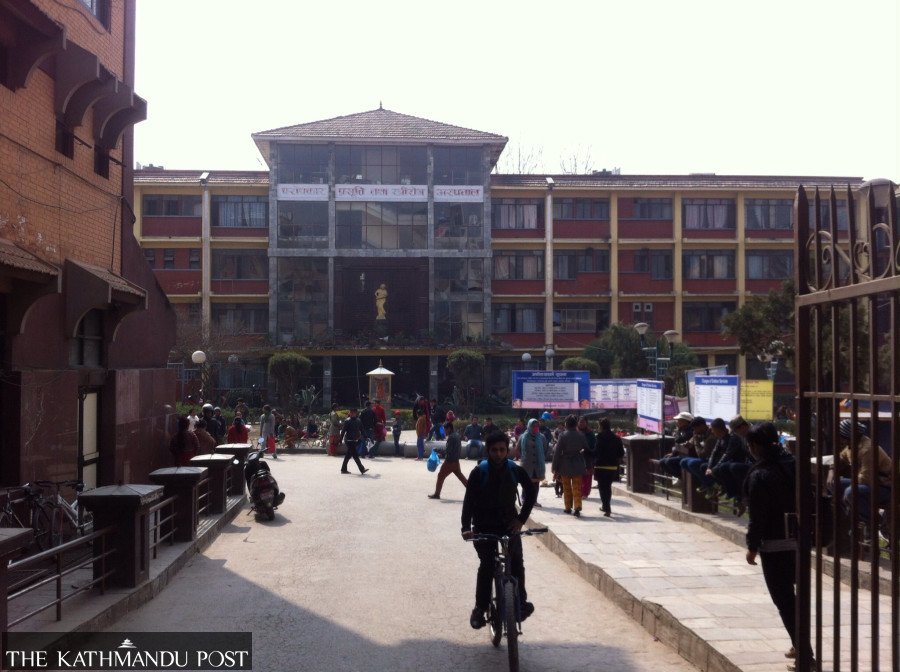Paropakkar Maternity and Gynaecology Hospital stressed that broader engagement was needed to address mental health issues among pregnant women and called for mental health screening training to be implemented for all health workers.
Hospital officials say training only doctors will not be enough to reduce maternal deaths due to mental health conditions during pregnancy.
“We have requested that all nurses, paramedics and doctors be trained in comprehensive mental health screening,” said hospital director Dr Shree Prasad Adhikari. “Instructing only doctors and nurses is not enough to diagnose these issues.”
The Family Welfare Division of the Health Services Department organised an orientation on mental health issues in the hospital a few days ago.
The agency estimates that 20 percent of women experience some sort of mental health problem during pregnancy, and in recent years, mental health issues have emerged as a leading cause of maternal mortality.
According to a maternal mortality report published last year by the Office for National Statistics, 6% of maternal deaths are due to self-harm (suicide), with the majority of these occurring during pregnancy.
According to the report, 151 women die from childbirth-related complications for every 100,000 live births.
Every year, hundreds of women in Nepal die from preventable deaths due to excessive bleeding after childbirth (also known as postpartum hemorrhage) and pregnancy-related hypertension, which have been identified as the leading causes of maternal mortality in the country.
However, a 2021 study also shows that a significant number of maternal deaths are also caused by non-obstetric complications, such as intentional self-harm.
“We have conveyed to the authorities concerned that diagnosing mental health issues among pregnant women is a major challenge,” Adhikari said. “If any mental health issues are identified, the patients will be referred to mental health professionals.”
The Ministry of Health and Population plans to provide training in mental health screening to nurses working in maternity hospitals, as well as all nurses working in public health facilities across the country.
“Mental health screening pilot training [Thapathali-based] “We have conducted this training in the maternity hospital,” said Nisha Joshi, an official in the family welfare department. “We plan to train nurses in other hospitals next year.”
Officials hope that screening pregnant women for mental health issues and providing them with prompt treatment will help reduce the recent surge in maternal mortality rates.
Nepal has reduced its maternal mortality rate from 539 deaths per 100,000 live births in 1996 to 239 deaths per 100,000 live births in 2016, an achievement that also earned the country the Millennium Development Goals Award.
The 2021 Census report showed that between 2016 and 2021, 88 maternal deaths per 100,000 live births were prevented.
The Ministry of Health and Population has launched various programs, such as providing free institutional delivery services and providing transportation costs for those who wish to give birth in an institution or for antenatal care. The ministry is also distributing misoprostol, used to treat postpartum hemorrhage in newborns, through female community health volunteers.
Nepal’s target under the UN’s Sustainable Development Goals is to reduce the maternal mortality ratio to 75 per 100,000 by 2030.

